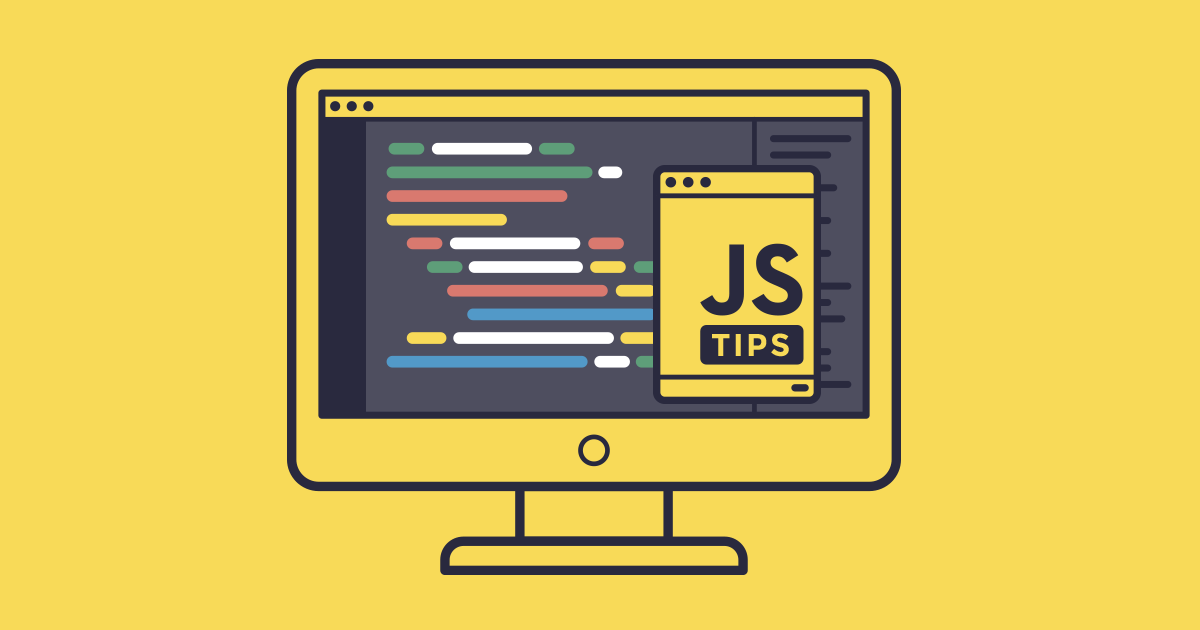Md Sohag👋
A Passionate Full Stack Developer 🖥️ with 9+ years of experience, having worked on projects across 40+ countries worldwide.
A Passionate Full Stack Developer 🖥️ with 9+ years of experience, having worked on projects across 40+ countries worldwide.

JavaScript is a powerful language that lies at the heart of modern web development. From enhancing user interfaces to creating complex web applications, JavaScript’s versatility makes it an essential skill for any developer. In this blog post, I’ll share some key tips and techniques that have helped me master JavaScript and improve my development workflow.
JavaScript is known for its asynchronous capabilities, and understanding how to work with asynchronous code is crucial. The async and await keywords provide a cleaner, more readable way to handle asynchronous operations compared to traditional callbacks and promises. By using async functions, you can write asynchronous code that looks and behaves like synchronous code, making it easier to manage and debug. This approach helps prevent issues like callback hell and improves code maintainability.
Another powerful feature of JavaScript is its ability to handle events. The event-driven model allows developers to create interactive web applications by responding to user actions such as clicks, form submissions, and keyboard inputs. Using event listeners effectively can help create a seamless user experience. It’s important to understand event delegation, which involves attaching a single event listener to a parent element instead of multiple listeners to individual child elements. This technique can improve performance and simplify event management.
JavaScript’s prototype-based inheritance is a fundamental concept that can be leveraged to create reusable and modular code. Understanding prototypes allows you to create custom objects and extend built-in objects with additional methods and properties. This approach is particularly useful for building libraries and frameworks. By mastering prototypes, you can design more efficient and scalable applications.
Modern JavaScript development often involves working with frameworks and libraries like React, Angular, or Vue.js. These tools provide a structured way to build complex user interfaces and manage application state. For example, React’s component-based architecture allows developers to create reusable UI components and manage application state using hooks. Angular and Vue.js offer their own unique features and patterns for building dynamic web applications. Familiarity with these frameworks can significantly boost your productivity and enable you to build sophisticated applications with less effort.
Performance optimization is another critical aspect of JavaScript development. Ensuring that your code runs efficiently can make a significant difference in the user experience. Techniques such as code splitting, lazy loading, and minimizing the use of synchronous operations can help improve performance. Tools like Google Lighthouse and WebPageTest provide valuable insights into performance bottlenecks and suggest ways to optimize your code.
Testing is essential for ensuring the reliability of your JavaScript code. Writing unit tests and integration tests can help catch bugs early and ensure that your code behaves as expected. Libraries like Jest and Mocha provide powerful testing frameworks that make it easier to write and run tests. Incorporating automated testing into your development workflow can help maintain code quality and reduce the likelihood of introducing new bugs.
JavaScript’s ecosystem is constantly evolving, with new features and updates being released regularly. Staying up-to-date with the latest advancements and best practices is crucial for maintaining a competitive edge. Following industry blogs, participating in developer communities, and experimenting with new features can help you stay informed and continue improving your skills.
In conclusion, mastering JavaScript requires a combination of understanding core concepts, leveraging modern tools and frameworks, and continuously learning and adapting. By focusing on asynchronous programming, event handling, prototypes, performance optimization, and testing, you can build robust and efficient web applications that deliver a great user experience. Whether you’re a beginner or an experienced developer, embracing these tips and techniques will help you excel in your JavaScript journey.
If you have any questions or need further assistance with your JavaScript projects, feel free to reach out. I’d be happy to help!
Feel free to modify or expand on this content to better fit your experiences and insights!




Comments
Leave a Comment